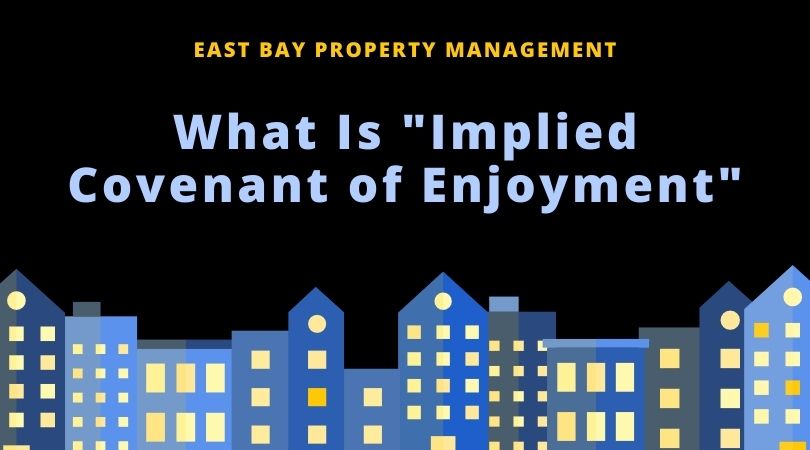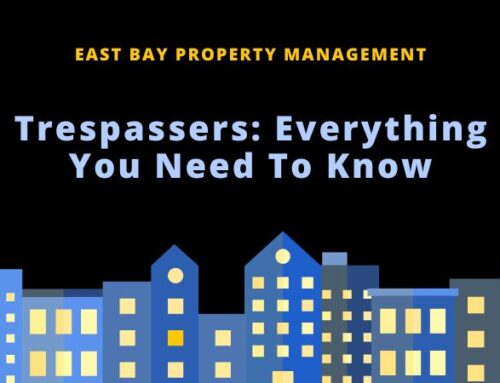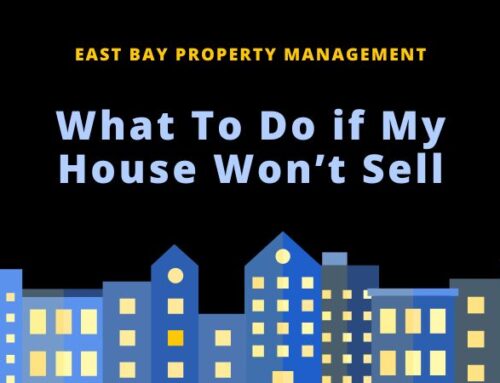Tenants obtain certain rights once they sign a lease or rental agreement. Among these rights is the right to privacy, which is contained in the statute of Implied Covenant of Quiet Enjoyment.
Whether contained in the lease or not, this statute is a fundamental right granted to every renter across the country. Basically, the statute of Implied Covenant of Quiet Enjoyment guarantees a renterthe right to live in their premises in peace and quiet without unnecessary interruptions.
This is everything a landlord needs to know about the Implied Covenant of Quiet Enjoyment.
What is an Implied Covenant?
Typically, landlords require their tenants to sign a lease or a rental agreement prior to moving in. A lease agreement specifies what rights and obligations each party has.
An Implied Covenant, on the other hand, isn’t specifically stated in rental or lease agreements. Instead, the agreement is simply implied. It exists regardless of whether it’s mentioned in the lease or not.
What is Quiet Enjoyment?
From a legal perspective, Quiet Enjoyment gives a renter the undisturbed or unimpaired right to the use of their rented premises. The legal right to Quiet Enjoyment is protected through what is known as the “covenant of quiet enjoyment.”
What Basic Tenant Rights Does the Covenant of Quiet Enjoyment Protect?
As previously mentioned, the covenant of quiet enjoyment helps protect tenants from unnecessary disturbance from their landlords, or a person acting on the landlord’s behalf. This isn’t, however, to mean that the landlord has promised to prevent all forms of disturbance to their tenants; certain things outside of the landlord’s control are not necessarily included in the covenant of quiet enjoyment.

The only time the covenant of quiet enjoyment steps in is when the noise disturbance grows to a level where the tenant becomes unable to use their premises normally. In such a case, you may need to step in as a landlord to resolve the issue.
Broadly speaking, the Covenant of Quiet Enjoyment guarantees a tenant five basic rights. That is, the right to:
- Live in privacy: Simply put, under the The Covenant of Quiet Enjoyment, your tenant has a right to be left alone. The covenant protects a renter’s privacy from a landlord who may want to barge in without permission.
- Live in peace and quiet: As a landlord, you have a responsibility to ensure your tenant enjoys their rented premises in peace and quiet. The landlord must resolve all issues that hamper this. For example, talking to a neighbor who plays loud music, causes substantial interference, and/or throws a lot of large, noisy parties that disturb other tenants.
- Live without being discriminated upon on the basis of their class: Quiet enjoyment also means that your tenant has a right to live in whatever manner they like, as long as they don’t violate anything agreed upon in their lease. Under the Fair Housing Act, landlords have a responsibility to treat both prospective and current tenants respectfully and equally regardless of their class. California law states that protected characteristics include race, religion, color, ancestry, disability, sex, age, medical condition, sexual orientation, and national origin.
- Live in a safe and secure home: Your unit must also be reasonably safe for your tenant. The landlord also has a responsibility to disclose to their tenant any hazard that may violate their health or safety.
- Be provided basic utilities: The Covenant of Quiet Enjoyment also protects a tenant’s right to basic utilities. Basic utilities include heat, electricity, water, and internet connectivity. If a landlord fails to provide any one of these, your tenant may have a right to break their lease without further responsibility.
What Does Landlord’s Right of Entry Mean?
Even though the landlord owns the rental unit their tenant lives in, the landlord doesn’t have a right to enter the place whenever they want. Under California Civil Code Section 1954, landlords can only enter an occupied rental unit in only certain situations. That is:
- To show the apartment to prospective tenants
- In the event of abandonment
- In case of an emergency
- To do apartment repairs or improvements

These are the only four instances in which a landlord is allowed to enter their premises of their tenants in California. A landlord must also provide their tenant proper notice prior to entering. The law presumes 24 hours to be reasonable notice.
What are Some Common Violations to the Implied Covenant of Quiet Enjoyment?
Below are some common violations of the Implied Covenant of Quiet Enjoyment.
- Entering your tenant’s rented premises without notifying them first
- Going through your tenant’s unit
- Failing to prevent or fix nuisances that violate the tenant’s peace and quiet
- Harassing your tenant either through the phone or in person.
- Not providing basic services that the lease or rental agreement promised
- Failing to repair things and basic services that impact the habitability of the rental
- Prohibiting your tenant from enjoying their rented premises, like entertaining guests
What Happens If a Landlord Violates the Covenant of Quiet Enjoyment?
As you can see, there are multiple ways in which the covenant of quiet enjoyment can be violated. Typically, in such scenarios, you’ll have an opportunity to fix the violations. A good landlord-tenant relationship is the key to knowing about these problems quickly and finding a way to fix it with your tenant’s input.

As a landlord, it’s important to act quickly once your tenant has notified you of an issue that violates their right to privacy. Generally, you’ll have a period of 30 days to fix the violation.
If a landlord refuses or if a landlord fails to act within the stipulated period, the tenant may have several legal options to pursue.
For one, they can choose to sue for failure to honor your contractual responsibilities or sue for the costs of relocating to another rental if they choose to break their lease.
Can California Tenants Violate the Covenant of Quiet Enjoyment?
A tenant can also violate the covenant of quiet enjoyment. For example, if they have a loud animal, play loud music, or cause substantial interference with other tenants, this would be considered a violation of Quiet Enjoyment.
In such cases, a landlord will have a right to address the situation, including evicting the tenant.
Bottom Line: The Covenant of Quiet Enjoyment in California
As a landlord, you have a slew of legal responsibilities under the California landlord-tenant act. The Implied Covenant of Quiet Enjoyment is one of them.
If you are a landlord just getting started or need expert help understanding the right to quiet enjoyment or any other California law, get in touch with qualified real estate attorneys or an experienced management company like East Bay! We’ll help you know exactly how to handle these situations and exactly how to prevent them.






